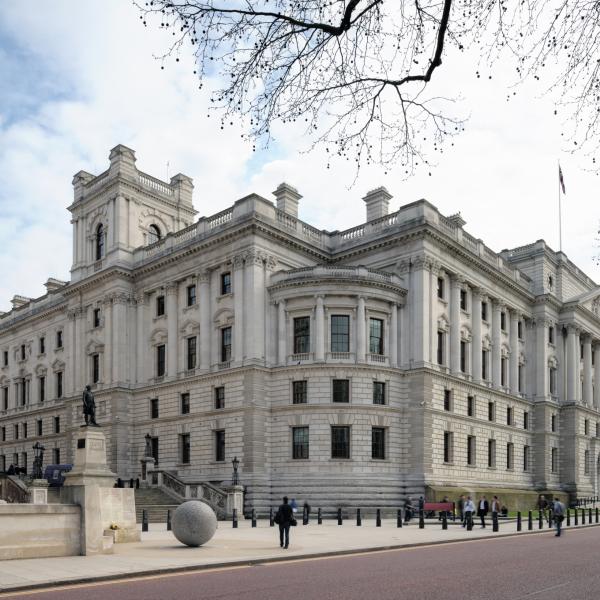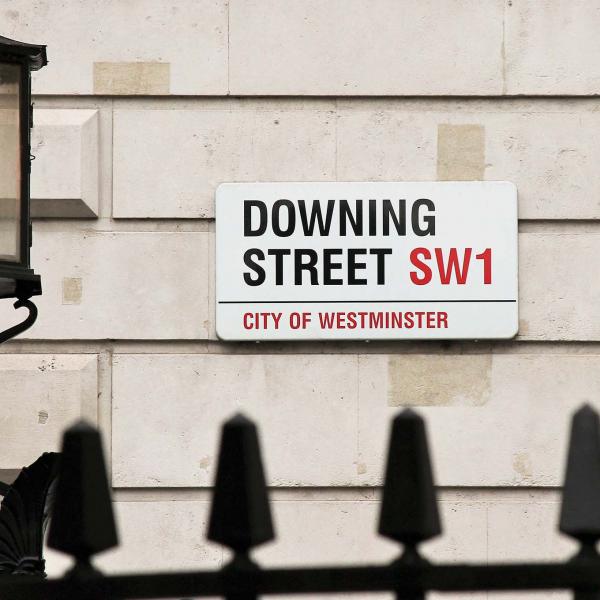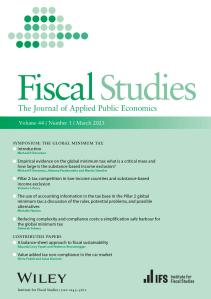Nobody much likes paying tax. From time to time most taxes come under the spotlight for their perceived unfairness or economic cost. The latest to do so is business rates, a tax on businesses that depends on the value of the property they occupy.
The high street retail sector is particularly up in arms. It looks like the tax system gives online retailers a competitive advantage. They will have to pay some rates on their UK warehouses, but, relative to their turnover, a great deal less than high street shops. Given all the problems assailing the high street, surely this is a tax ripe for reform.
Well, business rates certainly are not perfect and they could do with some reform, but cutting or abolishing them for high street shops probably would not be as helpful as you might think. And, of course, any cut here would have to be matched by raising some other tax elsewhere.
By the way, one thing is important to get clear up front: business rates have not been increased overall, despite what you might have understood. As a result of a revaluation exercise they have gone up in some areas, notably London, and gone down elsewhere, particularly in the north. That’s what is supposed to happen when one area gets better off relative to another. This is an additional cost to businesses in London that will complain, and a benefit to those in the north that probably won’t be writing “thank you” letters.
So why wouldn’t cutting business rates help all that much in the long run if your aim is to preserve high street shopping? Surely if you reduce the costs to me of running my shop, I am more likely to stay in business. There’s the rub. While cutting business rates might reduce my costs in the short run, it won’t make much difference in the long run. I’m not only paying a business rates bill; I’m also paying rent to the owner of the shop and of the land on which it sits. Because there is only a limited amount of land for shops, especially in places such as central London where rents and business rates are highest, cutting business rates will largely simply lead to higher rents.
It won’t necessarily ever feel like that. I’ll still be paying the bill. And the long run isn’t much help if I’m stuck with a rental agreement that doesn’t allow the rent to adjust for several years. But the overall point stands. Cutting business rates will help individual high street stores in the short run, but will not help in the longer run. It is a misunderstanding of basic economics to think otherwise. The biggest winners from a cut in business rates will be the biggest landowners — the Duke of Westminster, the Queen — and not the high street shops, or their customers.
It is so important to think about the overall effects of taxes. An individual business might be struggling to compete with an online rival, might see that it has costs that the online competitor doesn’t face, might see that a whacking great business rates bill is a large part of those extra costs and might conclude that business rates are much of what’s driving it under. It might not realise that if the business rates bill wasn’t there, its rent would be almost pound-for-pound higher, so most of its cost disadvantage would still be there and it’d still be struggling to compete with its online rival.
All that said, there are lots of things wrong with business rates. Revaluations need to be more frequent — and, indeed, that is what is happening. The fact that there is some relief for vacant property, costing approaching £1 billion a year, means that some properties are left empty when they would otherwise be in use, which is an awful waste. The danger with having no such relief is that it provides an incentive to demolish the building. This happens. Such problems illustrate why it would be much better to have a tax on the value of the land on which the business sits rather than the rental value of the property. That’s the one big reform to business rates we should be considering.
There are others. The fact that business rates are not applied to agricultural business is indefensible and adds costs to others while benefiting the owners of farms for no obvious reason. There is probably a good case for trying to tax the owners of properties rather than the tenants, if only to make the actual incidence more transparent.
None of that, however, addresses the problems of high street retailers. Here we need to be much more clear-headed about the problem. With the advent of significant online retail, it is obvious that the amount of space on the high street dedicated to selling the same stuff that is sold online will fall. Any other result would be bizarre. We will see — are seeing — fewer traditional shops and more cafés, nail bars and estate agents. There might be very good social reasons for government intervening to mitigate that effect, especially in poorer and more vulnerable communities. The point is that cutting business rates will not achieve that end.
The realpolitik of all this is also rather important. Business rates bring in a handy £30 billion a year for government. And they form a pretty easy, consistent revenue stream. This is not something that a cash-strapped Treasury is likely to put at risk.
If this all sounds terribly unsympathetic to business in general and retailers in particular, it is not intended to be. The problems are real and need a solution. It’s just that cutting business rates is not the solution.
This article was originally published in the Times and is reproduced here with full permission. Paul Johnson is director of the Institute for Fiscal Studies, follow him on Twitter @PJtheEconomist.







